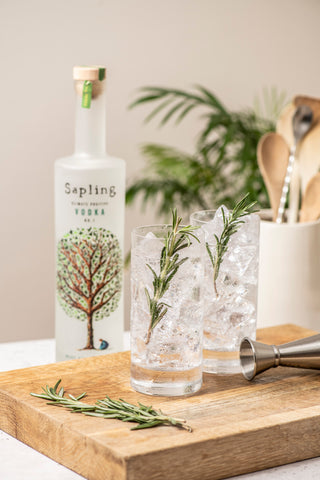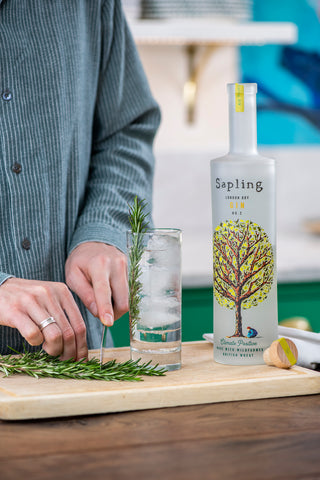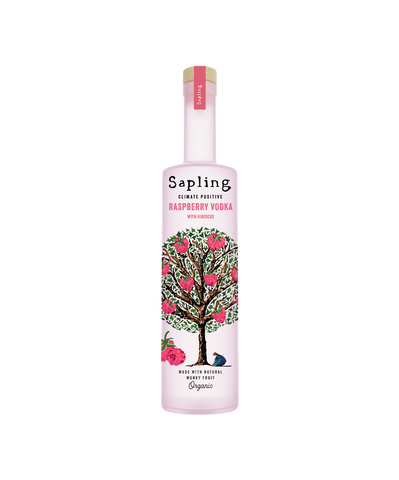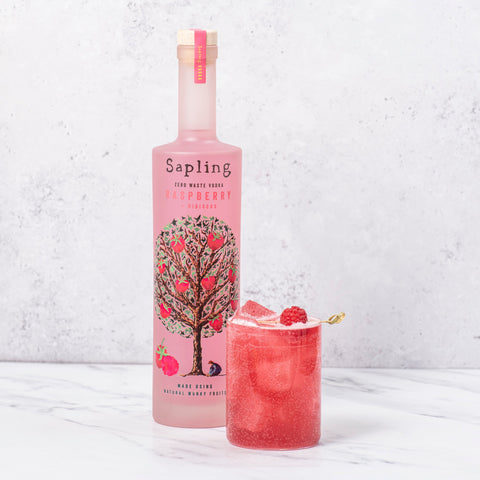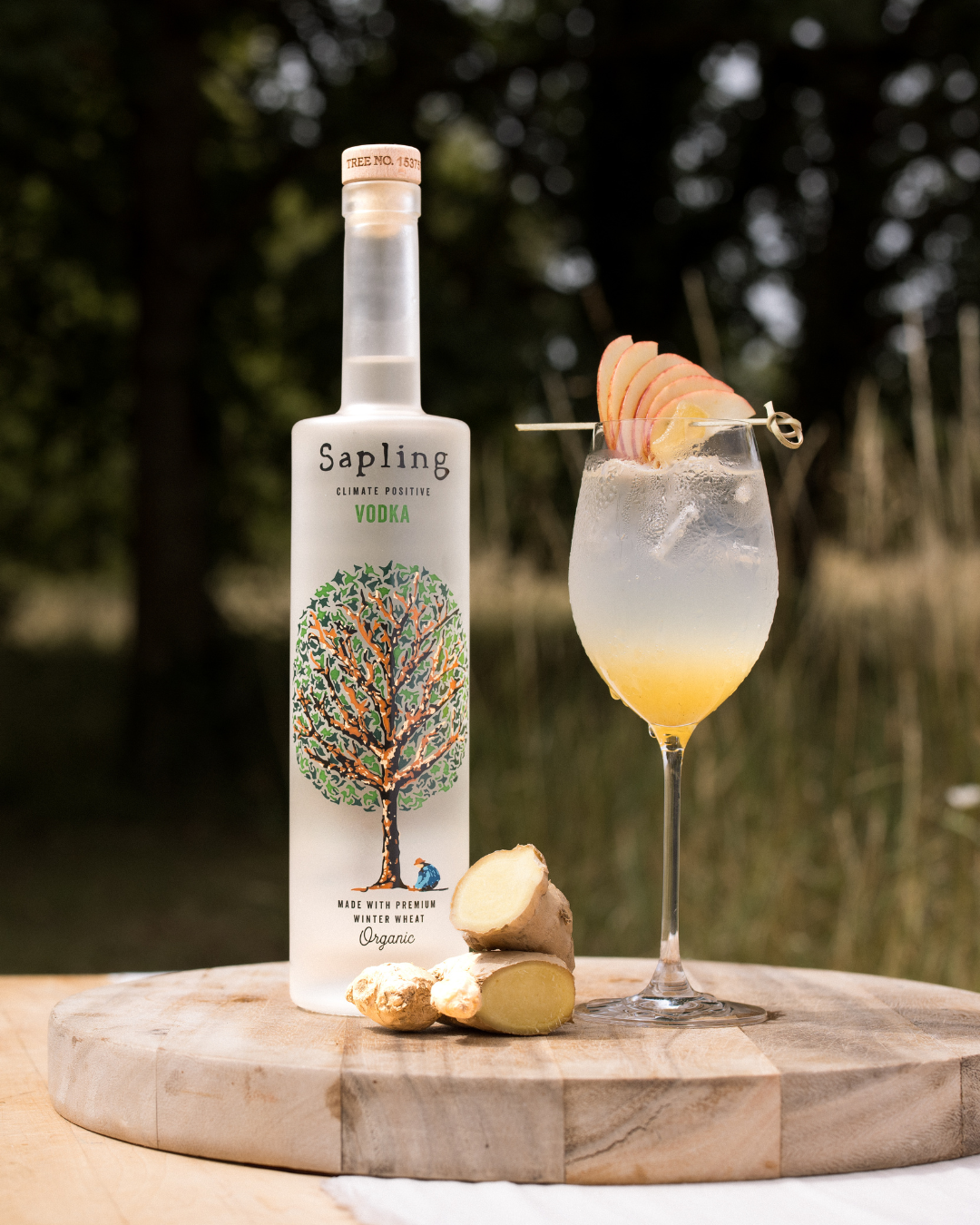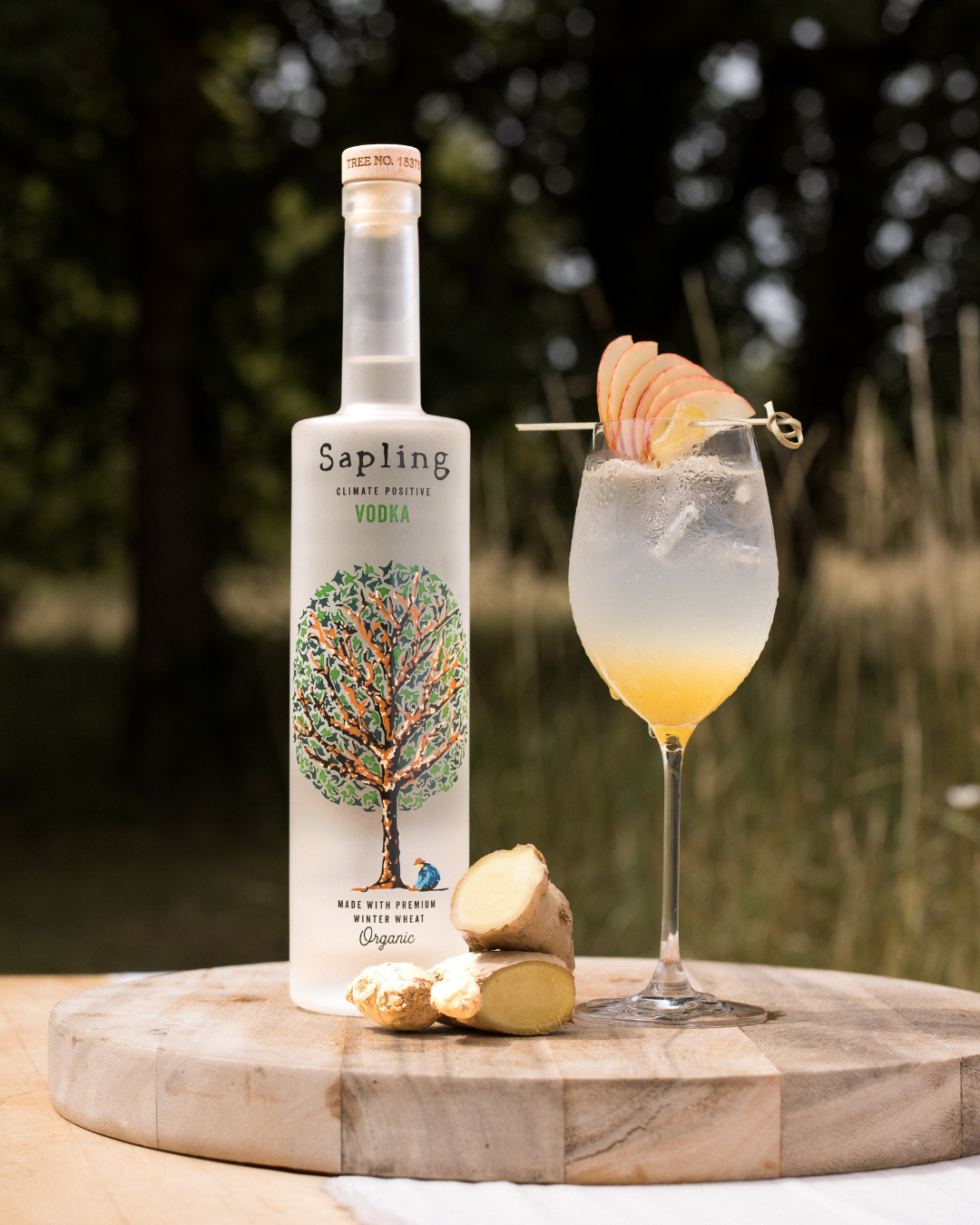
A classic worth slowing down for
Few cocktails carry the quiet sophistication of a martini. With only a handful of ingredients, it’s a drink that invites you to pause, breathe, and savour the moment.
The martini’s origins trace back to the late 19th century. Some believe it evolved from another cocktail called the Martinez, a gin-and-vermouth drink that first appeared in O.H. Byron’s The Modern Bartender. Over time, and perhaps with the rise of the London Dry Gin, the martini became “drier.”
In 1904, John Applegreen shared the following recipe in his book Applegreen’s Bar Book, including an alternative recipe for a Martini Cocktail, Dry at the bottom.

By the early 20th century, the martini had become a symbol of modern elegance. Then came James Bond’s famous line, “shaken, not stirred,” which immortalised the cocktail forever. Interestingly, Mr Bond’s drink wasn’t a traditional martini at all. It was a Vesper, made with gin, vodka, and Lillet. The shake balanced its strength and added a lighter texture, showing how a small tweak can completely transform the experience.
From there, countless variations emerged, from martinis on the rocks in the 1960s to the fruity versions of the 1990s, like the Apple Martini.
The question of stirred vs shaken?
A stirred martini is deliberate and precise. Stirring chills and dilutes the drink gradually, allowing you to control how much water is introduced. The result is a cleaner, silkier texture that lets the spirit speak for itself.
A shaken martini, on the other hand, takes on a different personality. Shaking aerates the liquid, introducing fine air bubbles that create a frothier, more playful texture. It’s lively, energetic, and slightly cloudier.
Both methods have their place, it’s about choosing the ritual that fits your moment.
How to Make the Perfect Sapling Martini
Ingredients:
-
50ml Sapling Vodka (or Sapling Gin for a botanical twist)
-
5ml English Vermouth
-
Ice
-
Lemon twist or olive, to garnish
Method:
-
Add your chosen Sapling spirit and vermouth to a mixing glass with ice.
-
Stir gently for 20–30 seconds until chilled and perfectly diluted.
Strain into a chilled Nick and Nora or martini glass. -
Garnish with a lemon twist or olive, whatever you fancy! We also love garnishing with pickled veg for something different.
Simple. Elegant. Balanced. A martini that’s naturally smooth, beautifully refined and so cold that the liquid is almost like syrup and goes down like silk.
The Sapling Regenerative Martini
Our Regenerative Vodka is one of our proudest achievements at Sapling. It’s made using wheat grown through regenerative farming methods. It’s clean, with a soft grain sweetness, gentle minerality, and a touch of earthiness. Some even say it’s reminiscent of a whisky in its umami and savoury depth.
Regenerative farming is all about nurturing natural soil health by increasing biodiversity, trapping carbon, and protecting the earth.
Some of the ways regenerative farmers accomplish this include:
-
Avoiding chemicals such as pesticides
-
Practising rotational grazing
-
Rewilding landscapes
Our Regenerative Martini is often made pre-batched and is always a crowd-pleaser. We served them at our Forest Feast, ice-cold in Nick and Nora glasses and garnished with Citizens of Soil Extra Virgin Olive Oil.
All you need is 50ml Sapling Regenerative Vodka and 5ml English Vermouth, stirred down in a glass with ice to dilute, then strained into a chilled glass.
Every Sapling spirit makes an exceptional martini because it’s crafted with integrity, from grain to glass. Our spirits are distilled from 100% British organic winter wheat, never rushed and always refined by nature.
We believe the martini, at its heart, is about mindfulness. It’s slowing down to appreciate craft, company, and connection. Whether you’re stirring at home or toasting with friends, every sip is a reminder to be rooted in the moment.
Here’s to timeless cocktails, naturally smooth spirits, and the beauty of simplicity done well.

Shop our Sapling Originals
Award winning sustainable spirits, For each bottle we plant a tree, so let's get sipping.
Cocktail Recipes
Try making some delicious cocktails at home

